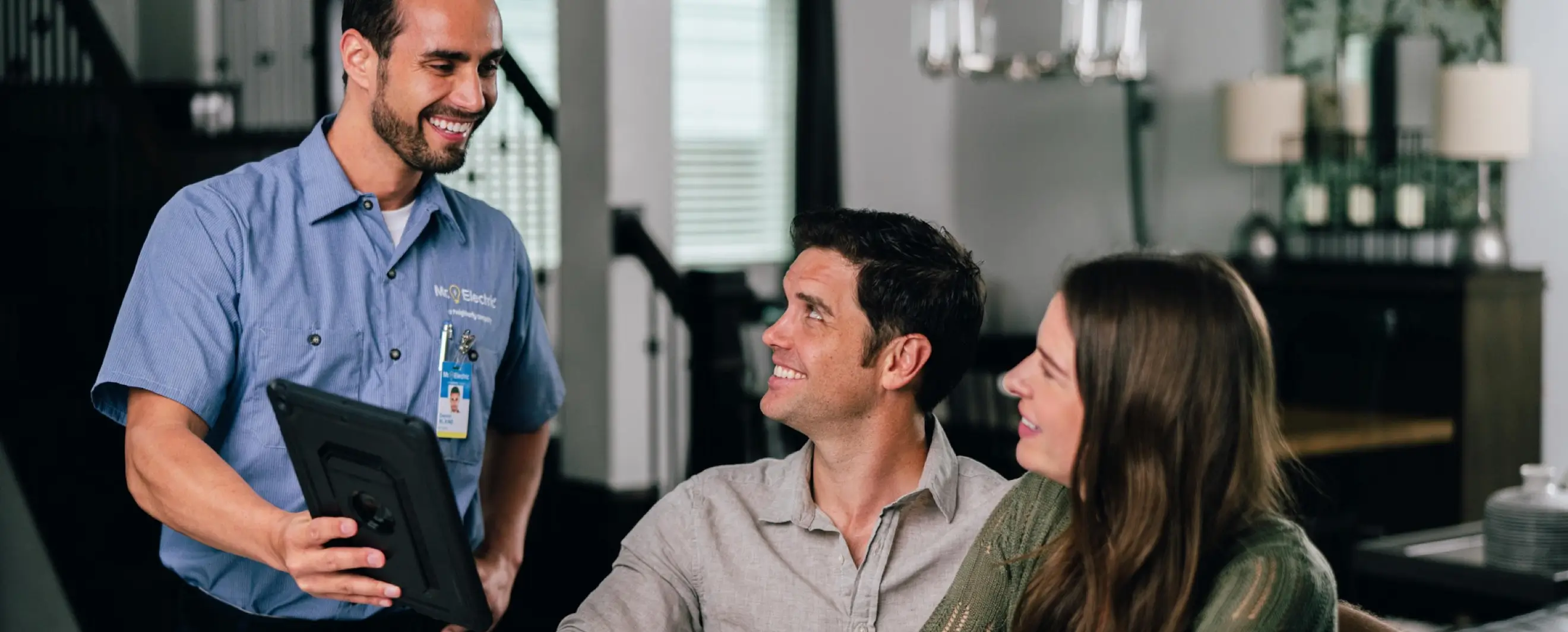What happens to your business in the event of a power outage? A power generator can keep you in business in the event of short- or long-term power losses. Your local Mr. Electric® commercial generator installation services help you retain customers and prevent gaps in productivity.
What Is a Power Generator?
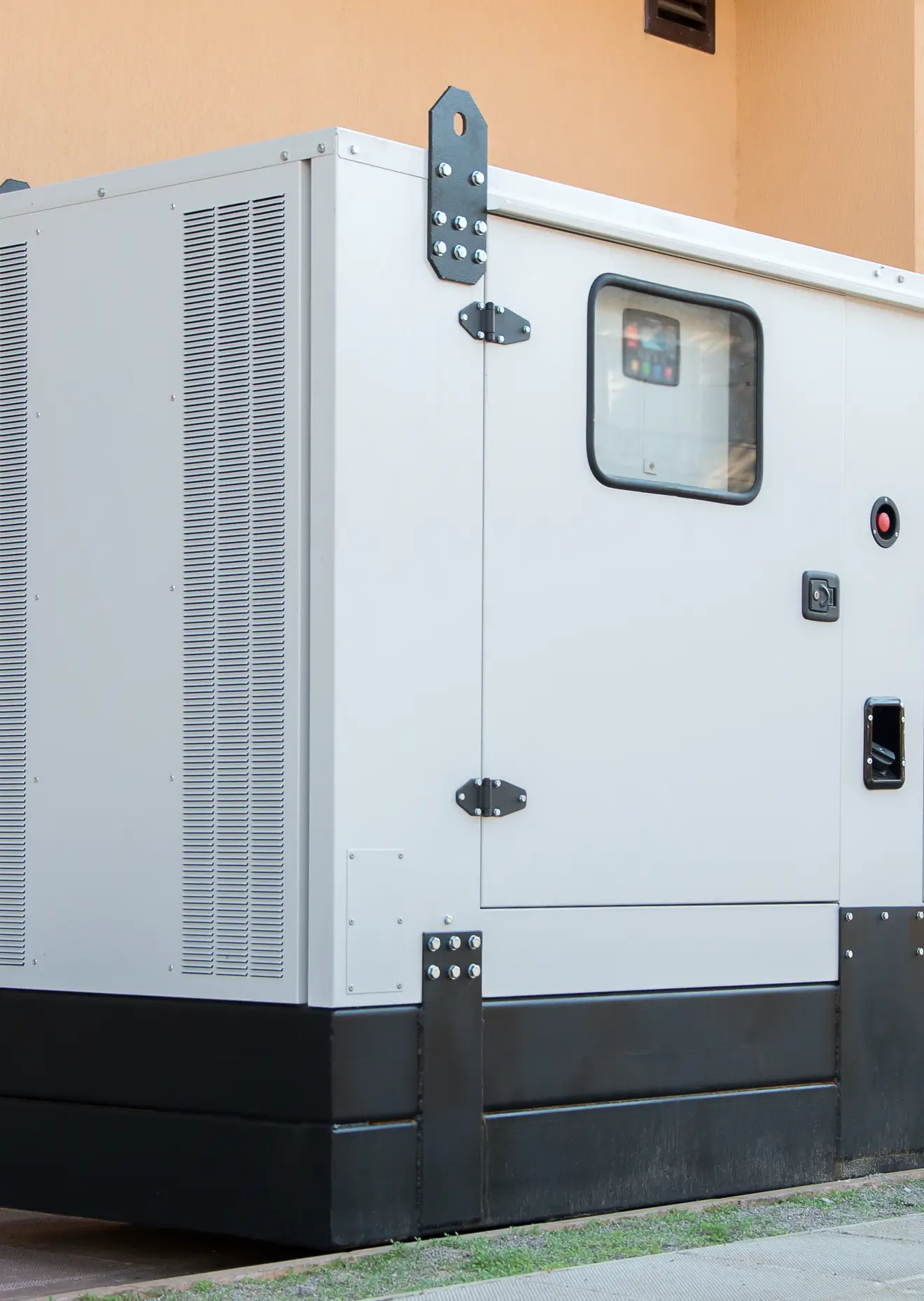
Commercial Generator Installation
-
Step 1
Step 1
Your local Mr. Electric service professional will calculate your generator’s power needs for a smooth operation.
-
Step 2
Step 2
Position your generator to prevent carbon monoxide poisoning.
-
Step 3
Step 3
Safely set up wiring, plugging your generator into the transfer switch, and wiring it directly to your business’s service panel.
Generator Inspection & Repair Services
Just like any other engine, generators require periodic service and maintenance. Common issues with commercial generators include battery failure, low coolant, a faulty block heater, wet stacking, a breaker trip, and a lack of fuel. Your local Mr. Electric team can inspect your generator before problems occur. A thorough, professional inspection keeps you safe and ensures all local codes and regulations are met.
Reach out today for assistance from one of our service professionals.
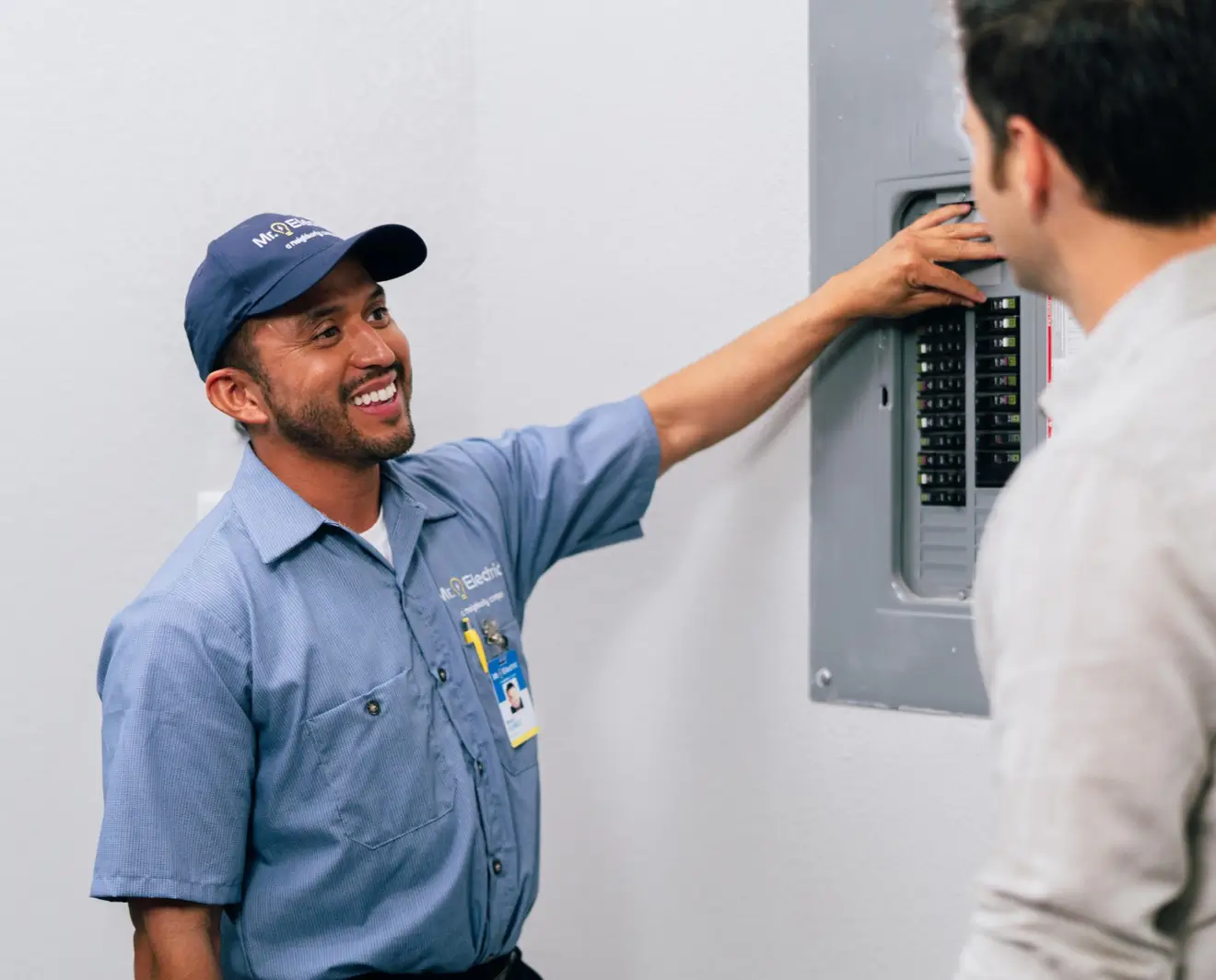
Schedule Your Electrical Service Today!
Find a Service Professional Near You
States and Provinces

Commercial Services
When you need service for your business, your local Mr. Electric service professional has your back. Our team has passed thorough background checks and license registrations, so you can trust their work.
-

Automation
We can help you electronically secure and digitally automate your commercial building’s operations.
-
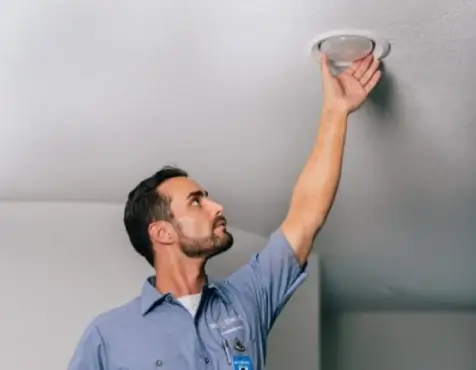
LED Lighting
We can help you save on your power bill by switching to or updating LED lighting.
-
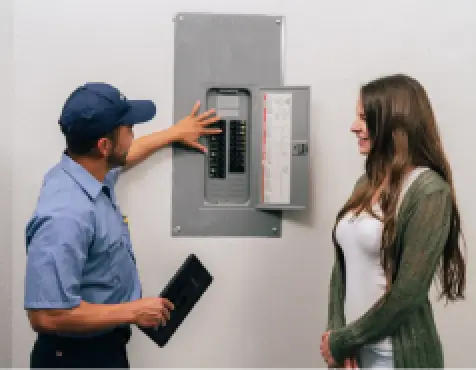
Subpanel Service
You can rely on our electrical panel upgrades, installation, and maintenance services.
-
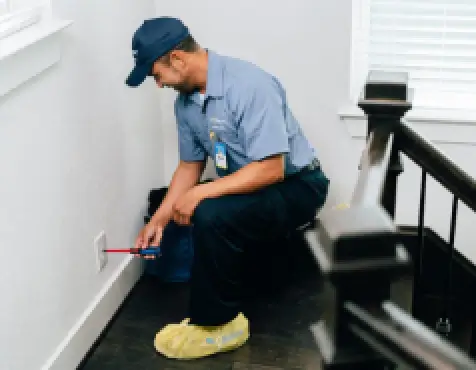
Outlet Repair
Don't let a failed electrical outlet ruin your daily operations and cost you money.
Mr. Electric Customer Reviews
View All Reviews
The Neighborly Done Right Promise® delivered by Mr. Electric®, a proud Neighborly company.
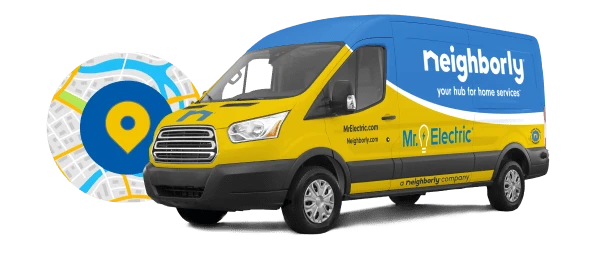

Join Our Team
“We have the power to make things better.” That’s our mantra, not only for our customers' electrical issues, but also you, a future team member"!

Your Source for Local Home Service Experts
Neighborly brands repair, maintain, and enhance properties — to make life easier and more enjoyable for homeowners. Our consistency and quality work are the basis for everything we do, and are what make us a leader in the home services space, as we constantly strive to "be so remarkable, we become a beloved household name."


